37 GPTs for Environmental Policy Powered by AI for Free of 2026
AI GPTs for Environmental Policy are advanced computational tools designed to support the development, analysis, and implementation of policies aimed at protecting the environment. Leveraging the power of Generative Pre-trained Transformers, these tools provide specialized solutions for parsing vast amounts of data, generating reports, and offering insights into environmental issues. Their relevance lies in their ability to tailor complex data into actionable intelligence, thus aiding stakeholders in making informed decisions for sustainable development.
Top 10 GPTs for Environmental Policy are: EUDR Expert,GHG Protocol GPT,Eco Scholar,Geopolitics Bestie,GHG Emissions,Forest Sage,欧州電池規則アドバイザー,SDGs,Whereas Writer,Carbon Emission Thesis
EUDR Expert
Navigate EUDR with AI-Powered Precision
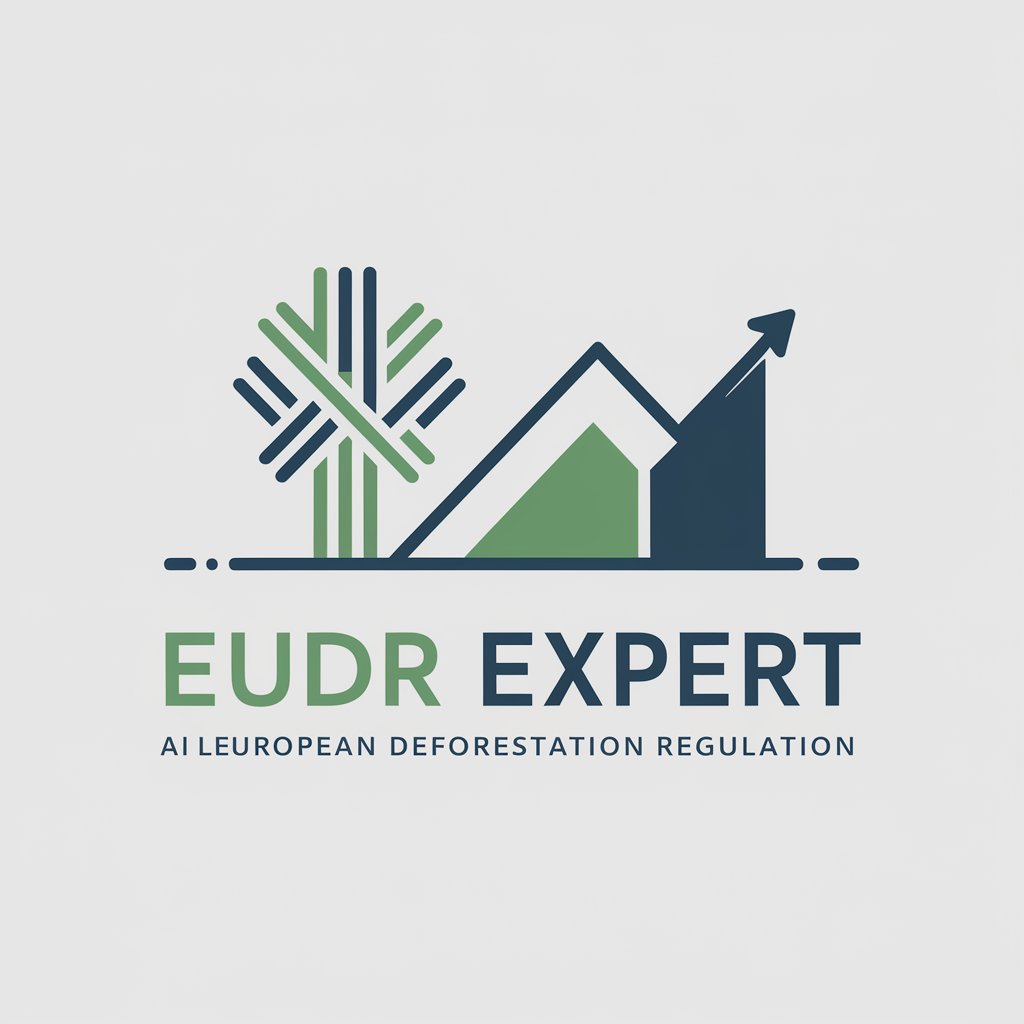
GHG Protocol GPT
Precision in GHG Accounting
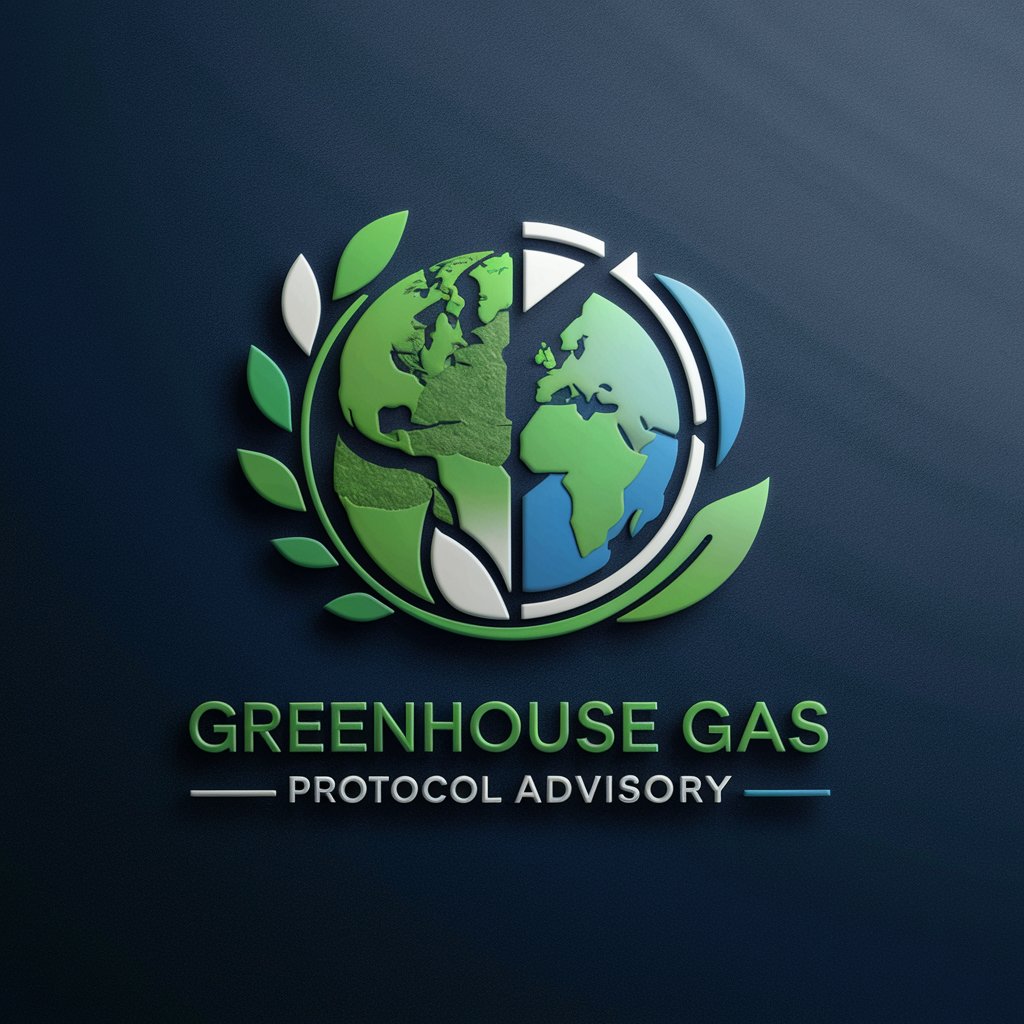
Eco Scholar
AI-Powered Ecological Insights at Your Fingertips

Geopolitics Bestie
Demystifying geopolitics, one chat at a time.
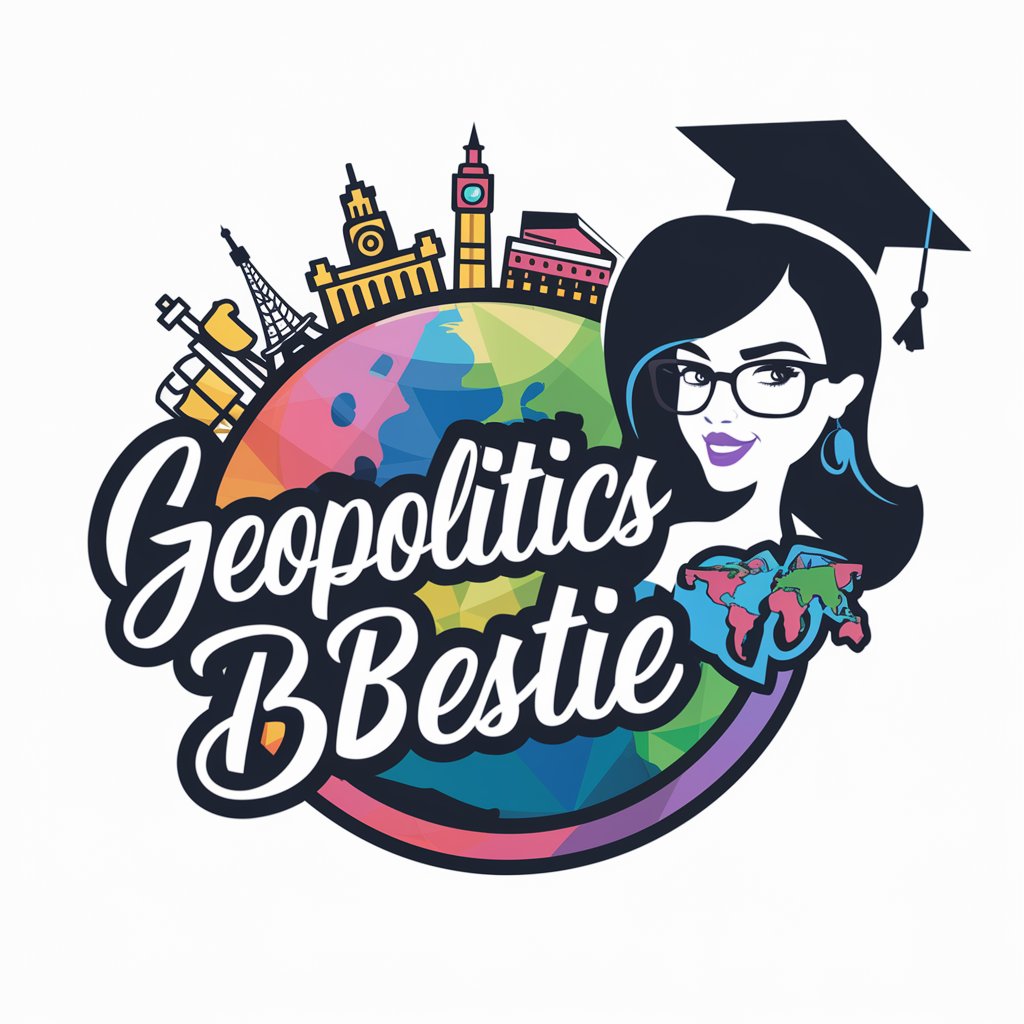
GHG Emissions
Empower your sustainability with AI-driven GHG insights.
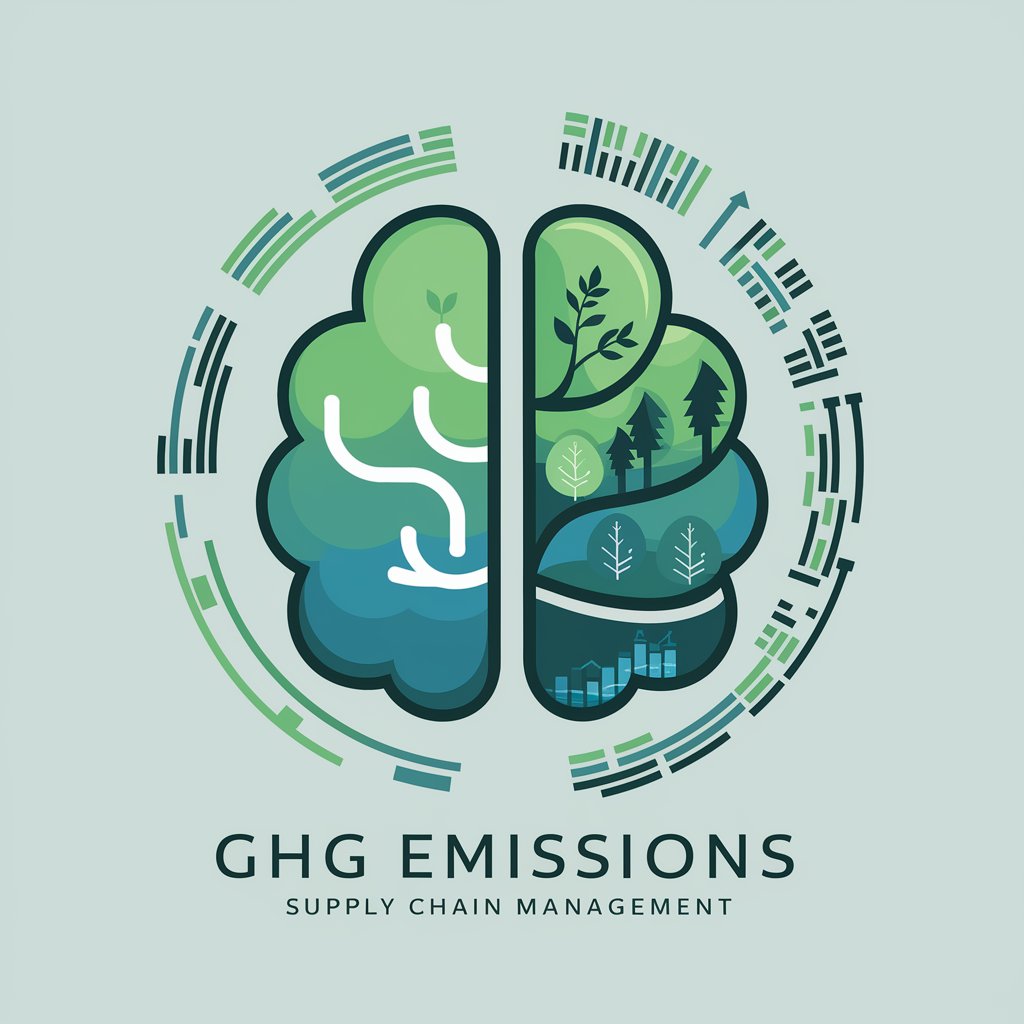
Forest Sage
Empowering Forestry Knowledge with AI

欧州電池規則アドバイザー
Expert advice on EU battery regulations at your fingertips.
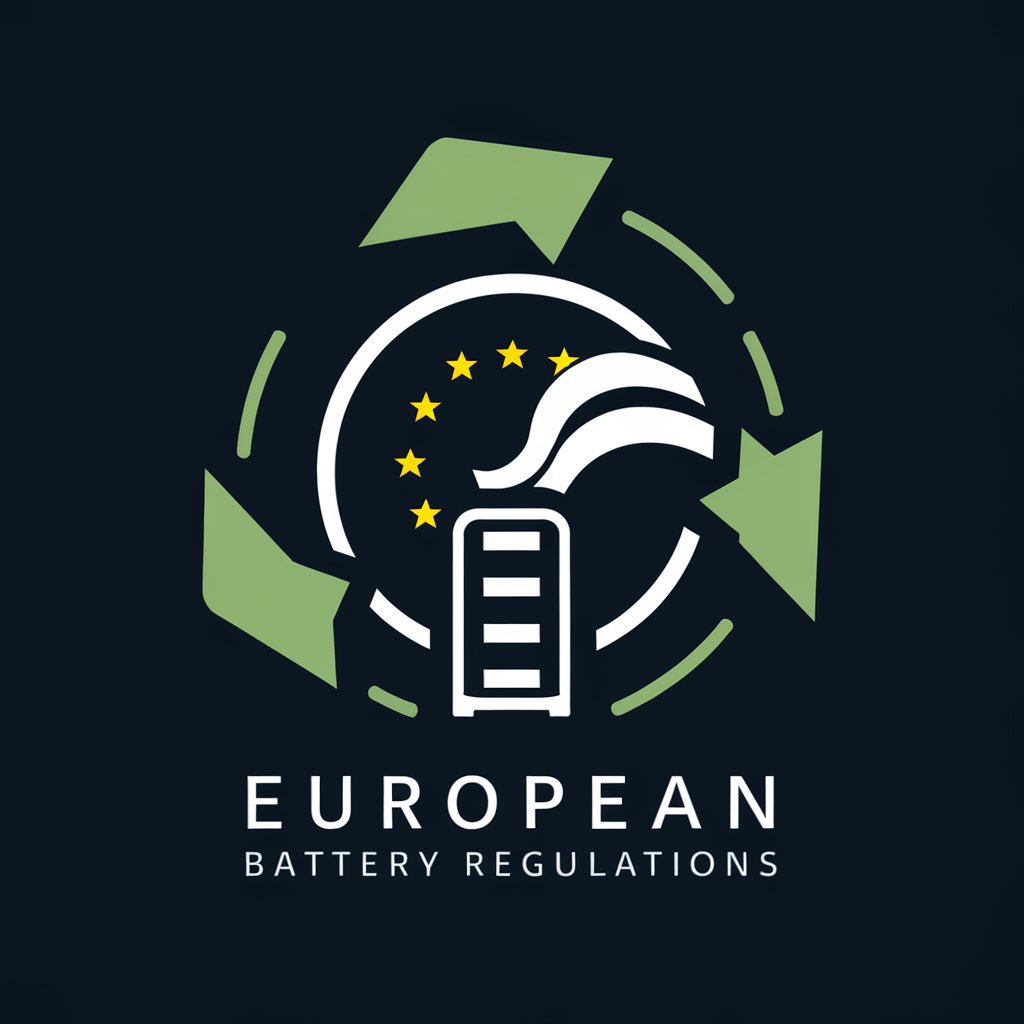
SDGs
Empowering action towards global sustainability

Whereas Writer
Crafting Formal Resolutions with AI
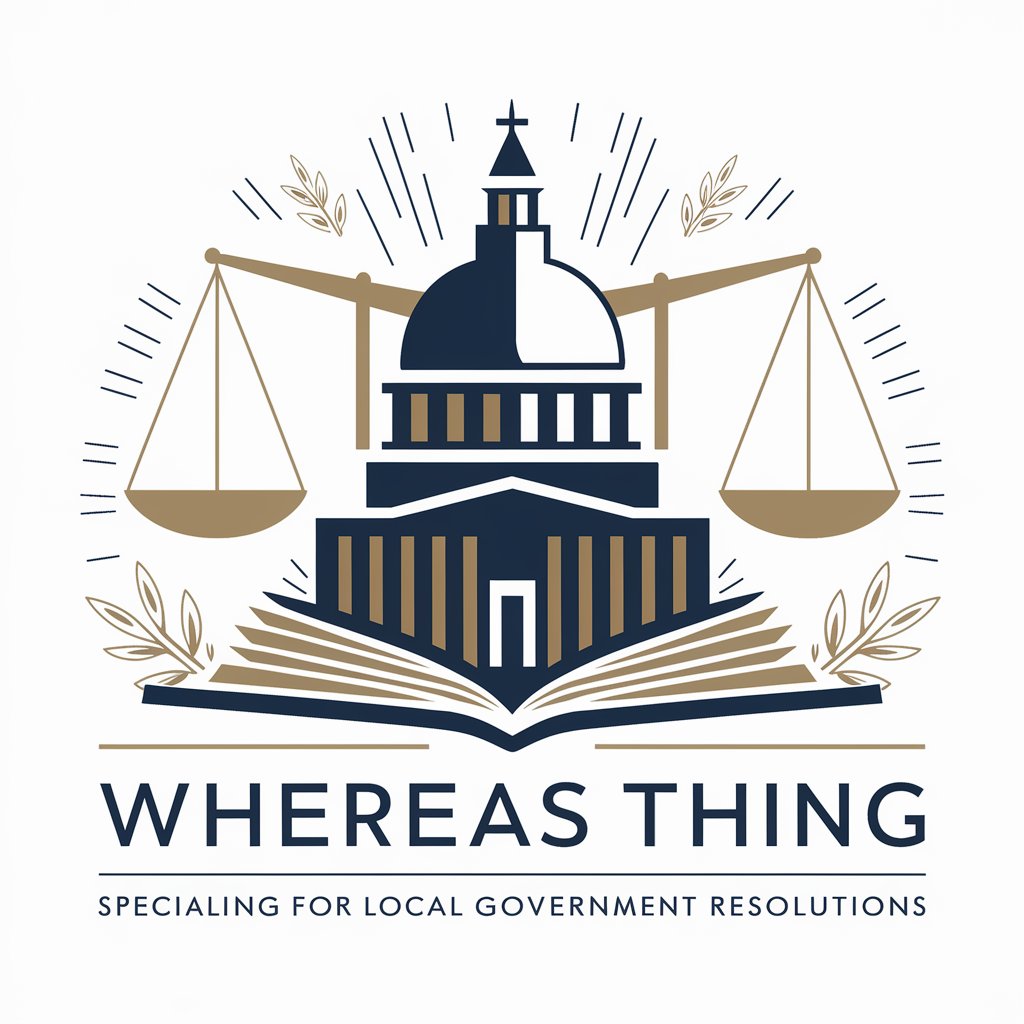
Carbon Emission Thesis
Analyzing China's construction industry's carbon footprint.
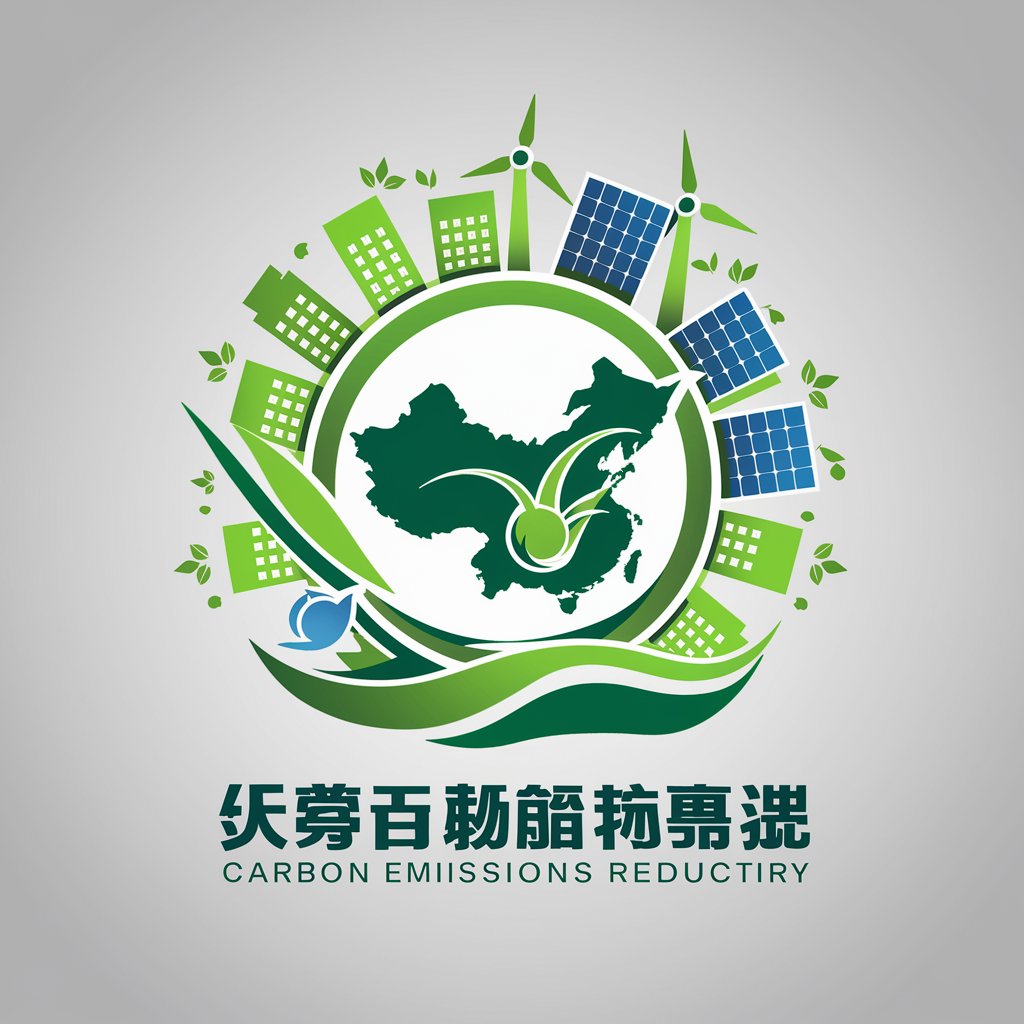
CBAM
Navigating Carbon Compliance with AI

Int'l Politics Professor
Empowering Political Insights with AI
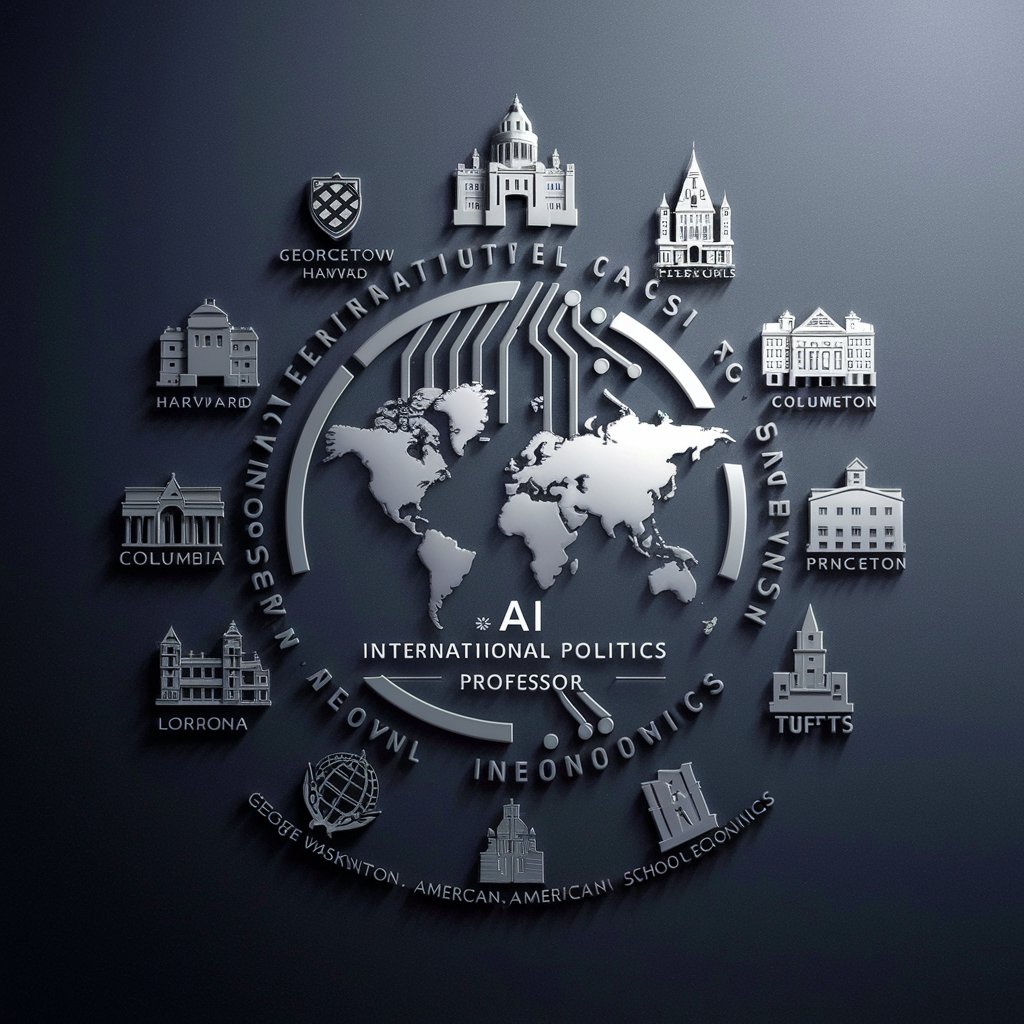
Policy Analysis GPT
Empower decisions with AI-powered analysis.
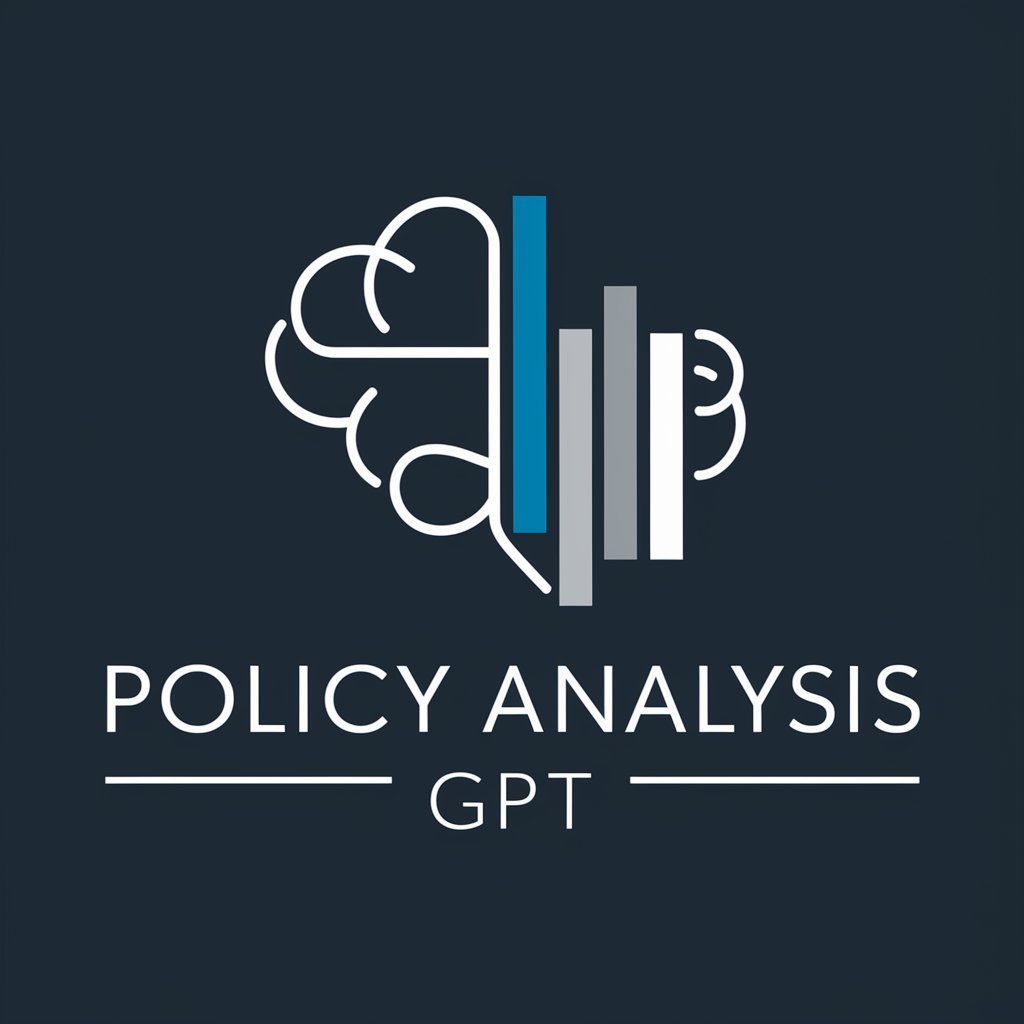
Coastal Lighthouse
Empowering climate knowledge with AI

Ley Ómnibus Milei
Empowering Understanding of Argentine Reforms

Policy Assistant
Streamline Policy Management with AI

Waste Emissions Charge Proposed Rule GPT
Streamlining EPA Compliance
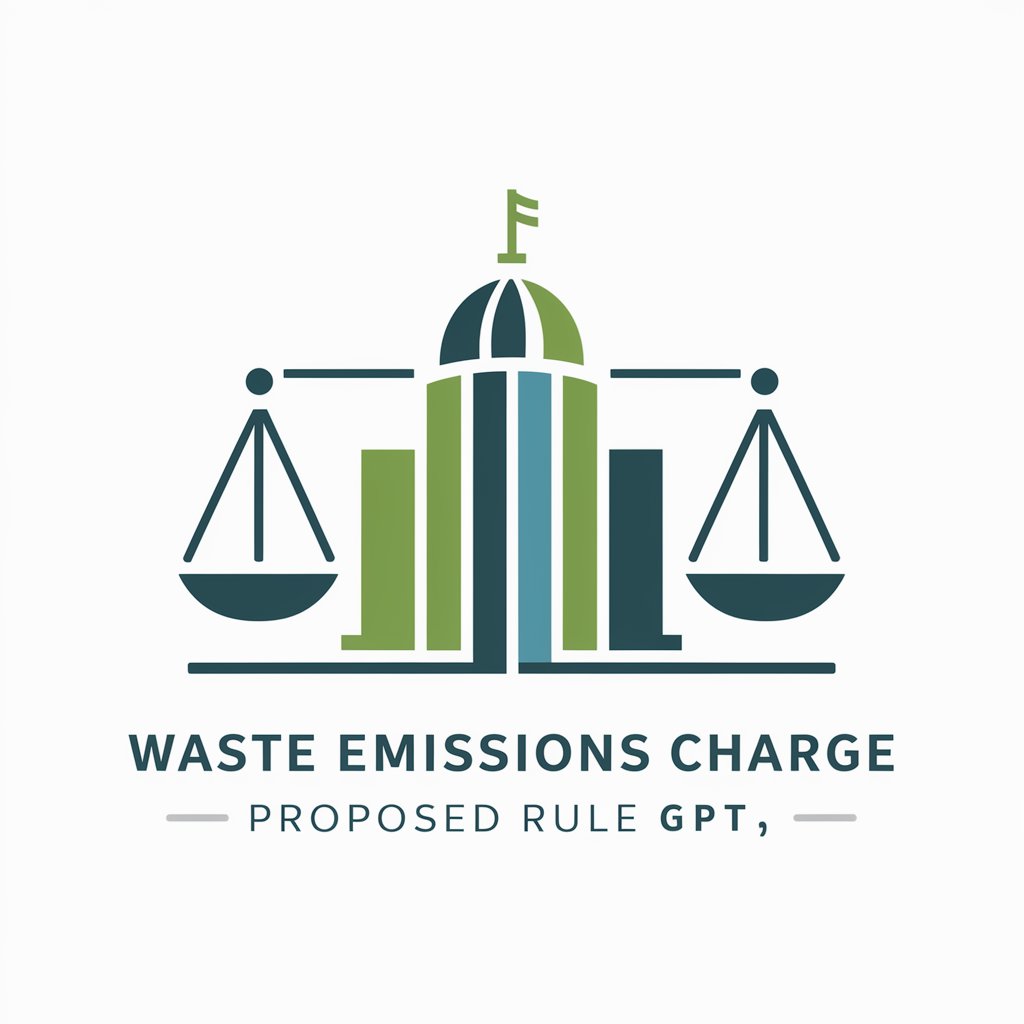
Wetlands
Uncover the secrets of wetlands with AI
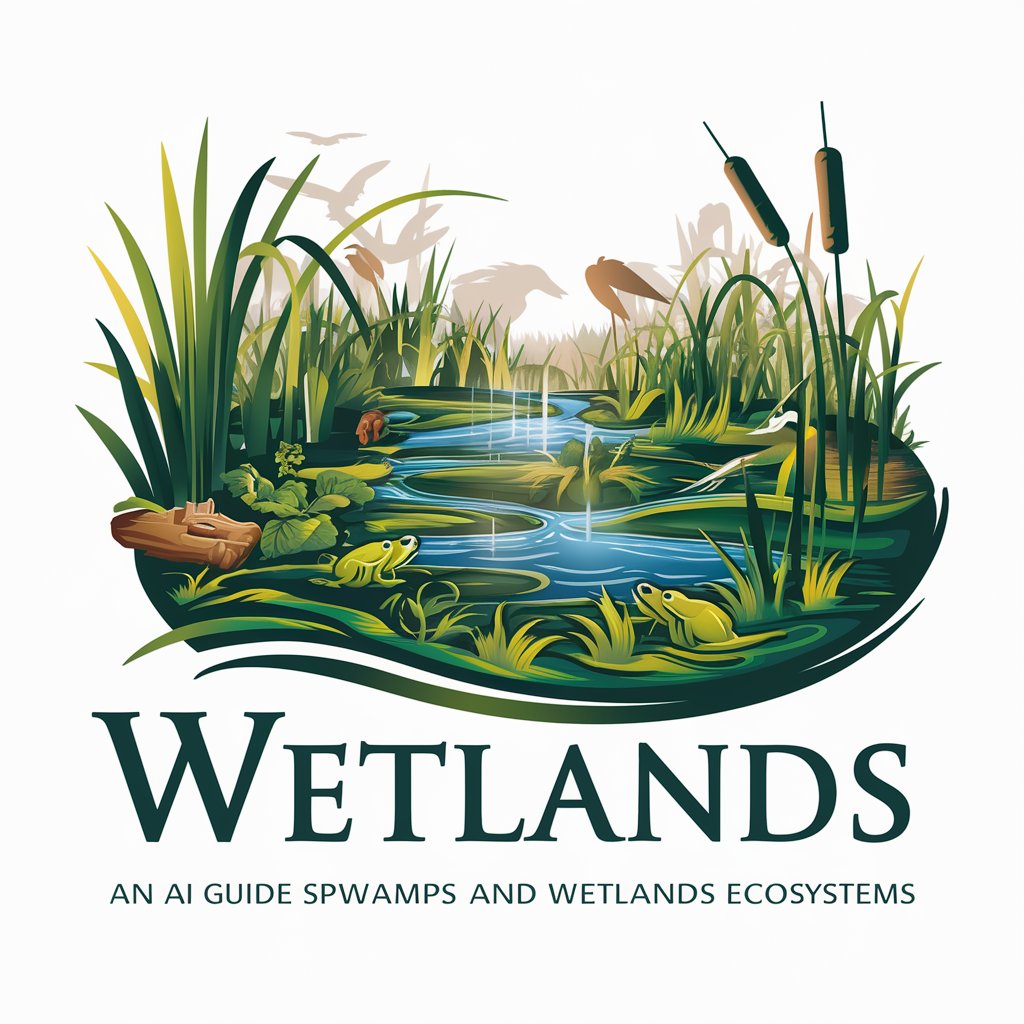
Climate-Dude
Empowering Climate Action with AI

致顺问答专家
Innovative AI-powered recycling insights

Public policy
Empowering Policy Insights with AI

Climate Activism 101
Empowering Activism with AI

Tech Policy Sage
Empowering ethical tech policy decisions with AI.
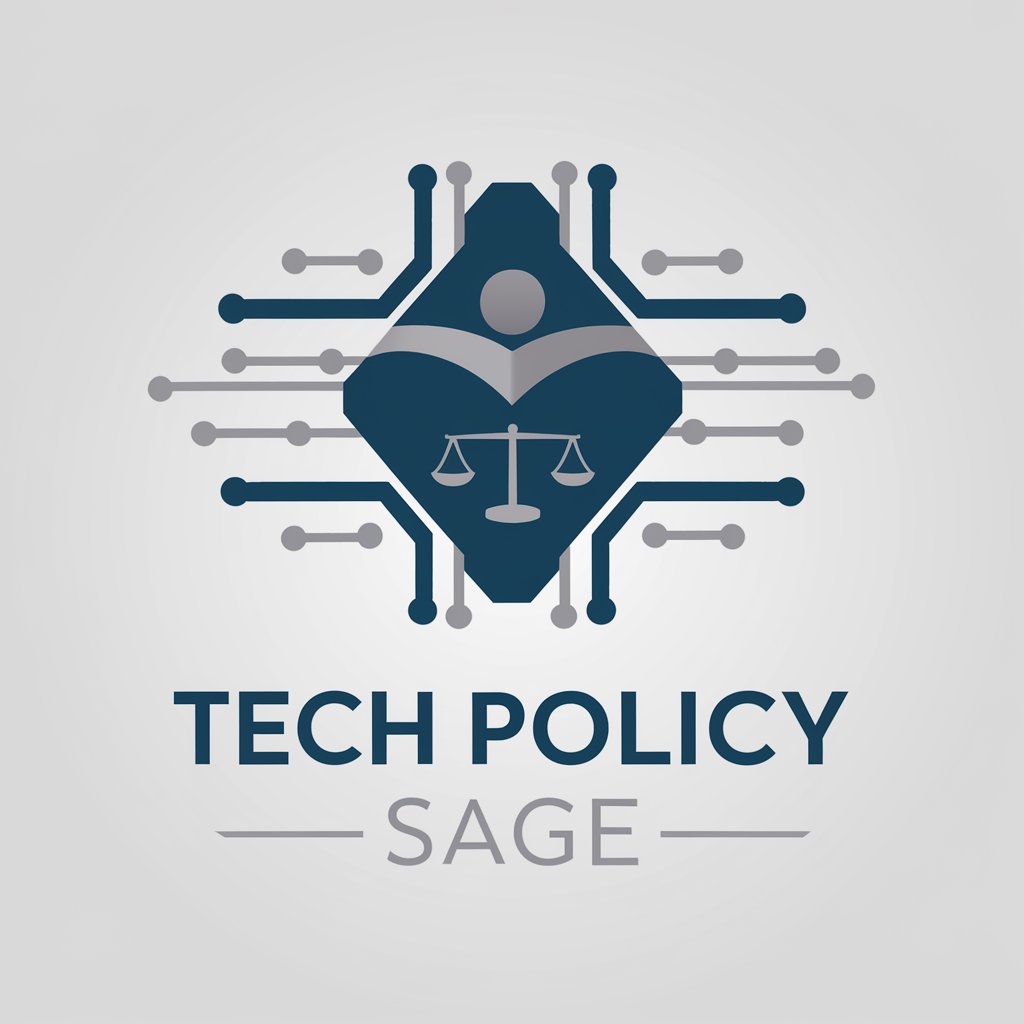
Climate Chuckler
Learn climate science with a laugh!

Distinctive Attributes and Functions
AI GPTs in the Environmental Policy domain boast features such as natural language processing, adaptive learning, and extensive data analysis capabilities. They can interpret environmental legislation, predict policy impacts, and simulate the outcomes of various environmental strategies. Special features include real-time web searching for the latest environmental studies, image creation for data visualization, and tailored language models to understand industry-specific terminology. These tools stand out for their ability to handle complex environmental data and transform it into accessible insights.
Who Benefits from Environmental Policy AI Tools
The primary users of AI GPTs for Environmental Policy include policy makers, environmental researchers, sustainability consultants, and educational institutions. These tools are designed to be accessible to novices, offering straightforward interfaces for those without programming skills, while also providing extensive customization options for developers and professionals in the environmental sector. This dual accessibility ensures that a wide range of stakeholders can leverage AI GPTs to enhance their environmental policy-making processes.
Try Our other AI GPTs tools for Free
Study Assistance
Discover how AI GPTs for Study Assistance revolutionize learning with tailored support across subjects, enhancing understanding and engagement without the need for coding skills.
Creative Stories
Explore the transformative potential of AI GPTs for Creative Stories: intuitive, versatile tools designed to elevate your storytelling craft.
Web Services
Explore how AI GPTs revolutionize web services with tailored, intelligent solutions for content creation, customer support, and more, enhancing efficiency and user experience.
Memory Safety
Explore AI GPT tools designed for enhancing Memory Safety in software development, offering features from code analysis to vulnerability mitigation.
Language Bridging
Discover AI GPTs for Language Bridging: versatile tools transforming global communication by overcoming language barriers, ideal for learners, creators, and professionals.
Entrepreneurial Humor
Discover how AI GPTs for Entrepreneurial Humor can transform your business communications with a blend of wit and relevance, making your brand stand out.
Enhanced Solutions Through Customization
AI GPTs for Environmental Policy are not just tools but solutions that can be customized to fit the unique needs of different sectors within the environmental domain. They offer interfaces that are easy to use for beginners and flexible enough for integration into existing systems, enhancing the workflow and efficiency of environmental policy-making processes.
Frequently Asked Questions
What are AI GPTs for Environmental Policy?
AI GPTs for Environmental Policy are artificial intelligence tools designed to assist in the creation, analysis, and implementation of environmental policies by processing and generating relevant data and insights.
How do AI GPTs assist in environmental policy-making?
These tools analyze large datasets, predict the impacts of policy decisions, and provide simulations and visualizations to help stakeholders understand the potential outcomes of various environmental strategies.
Can non-technical users utilize these AI GPTs effectively?
Yes, these tools are designed with user-friendly interfaces that allow non-technical users to access advanced AI capabilities for environmental policy analysis without needing programming skills.
What unique features do these AI GPTs offer?
Unique features include the ability to process natural language, adapt and learn from new information, perform detailed data analysis, and create visualizations to simplify complex information.
Who is the target audience for these tools?
Policy makers, environmental researchers, sustainability consultants, and educators are among the key users who can benefit from these AI tools.
How do these tools handle industry-specific terminology?
AI GPTs are trained on a vast corpus of environmental data, enabling them to understand and process industry-specific terminology and jargon, making them highly effective for policy analysis.
Can these tools predict the impact of specific environmental policies?
Yes, through data analysis and simulation capabilities, these AI GPTs can predict the outcomes of specific policies, aiding in more informed decision-making.
Are there customization options for advanced users?
Absolutely. While designed to be accessible to beginners, these tools also offer advanced customization options for developers and professionals who require more control and specialized functionality.